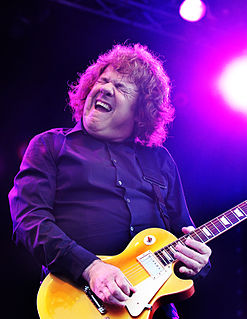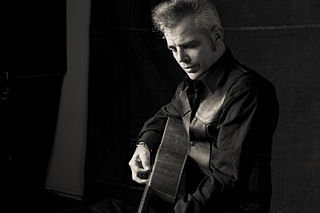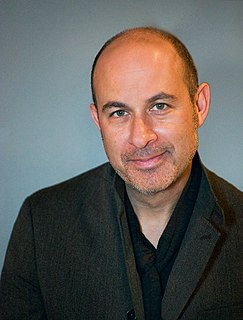A Quote by Anne Murray
People who buy my records don't go into music stores - music stores which are fading before our very eyes.
Related Quotes
My music has always been sort of in-between categories. Sometimes record stores - back when there were record stores - they'd put my records in the country music section, but other record stores would put my records in the pop or even the rock section. As long as it's in the store somewhere, I'm OK with it.
My music has always been sort of in between categories. Sometimes record stores - back when there were record stores - they'd put my records in the country music section, but other record stores would put my records in the pop or even the rock section. As long as it's in the store somewhere, I'm OK with it.
Despite the fact that Starbucks has grown to be a large company. We've always played music in our stores and has always acted as an opportunity to create a mood in our stores. And customers started asking, "What song are you playing and can I buy that?" . And we said "No." And that was kind of the catalyst for beginning to look at music. We started out with our own compilations and after the success of that. We had the courage to say, "Let's produce our own record." and the first record was with Ray Charles before he unfortunately passed away.
Record stores are the backbone of the recorded music culture. It's where we go to network, browse around, and find new songs to love. The stores whose staff live for music have spread the word about exciting new things faster and with more essence than either radio or the press. Any artist that doesn't support the wonderful ma and pa record stores across America is contributing to our own extinction.
The one constant in this ever changing music business is the heartfelt and “ear to the ground” Indie Record Stores that avid music fans and artists alike know they can count on to keep music thriving locally. I tour all over the world, and it's these Indie Record Stores that many times make or break a market. People will always want an “album” to hold, not just have downloaded, and Indies fill that need and then some.
In Harlem, for instance, all of the stores are owned by white people, all of the buildings are owned by white people. The black people are just there - paying rent, buying the groceries; but they don't own the stores, clothing stores, food stores, any kind of stores; don't even own the homes that they live in. They are all owned by outsiders, and for these run-down apartment dwellings, the black man in Harlem pays more money than the man down in the rich Park Avenue section.
Certainly our records could be found in most of the mom and pop indie stores, but we still found there were a lot of major stores that weren't on the tip of knowing what was happening and weren't stocking our records as readily as they were stocking, you know, Guns 'n' Roses or Billy Joel or whatever the hell. That certainly changed, and it changed rapidly after Nirvana's rise, that's for sure.


































